Article 17: Reshaping Copyright & Music Industry Landscape
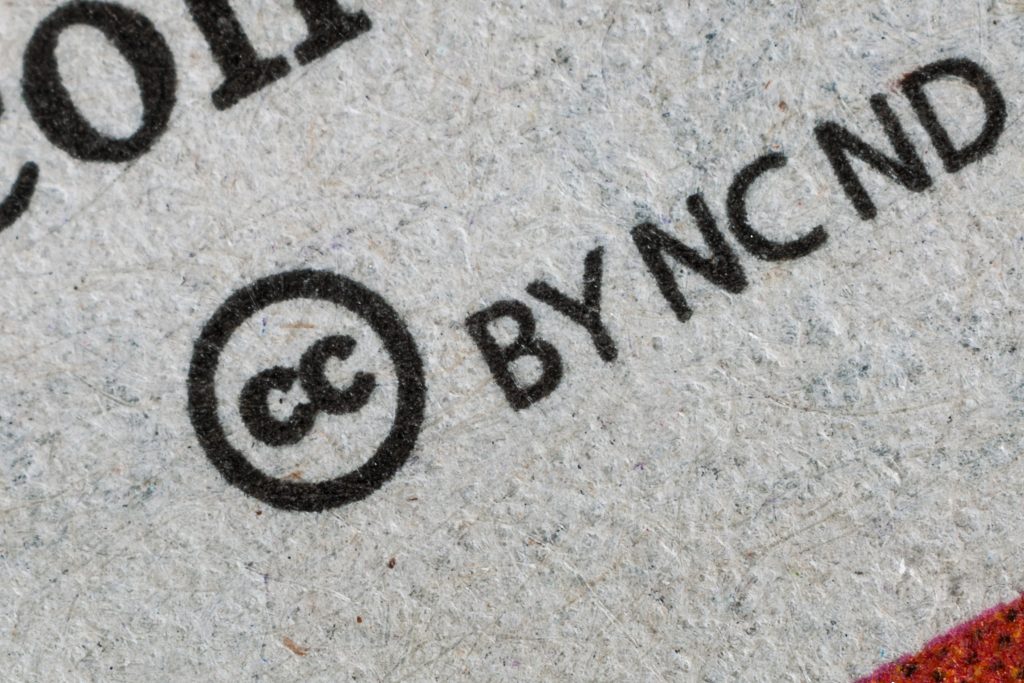
Article 17 is a section in the European Union’s Digital Single Market Copyright Directive focused on creators’ rights on online platforms. Streaming services and self-distributed content growth led to the EU’s guidelines for copyrights to artists’ work.
This article affects the music industry because it is one of the largest copyright reforms in modern history. While these changes only affect the EU member states right now, it potentially could affect content creation on a global scale.
Background of Article 17
Article 17 is meant to address the value gap between artists and Online Content Sharing Service Providers (OCSSPs). This article highlights the fact that content creators and musicians are not being paid properly for their work.
Cesar Fishman is the Vice President of Business Affairs at Pex, a global leader in digital rights technology, supporting the full digital content ecosystem — including creators and artists, rightsholders, and technology platforms — with fair and transparent licensing. Fishman explained how this article works.
“Article 17 aims to correct the imbalance of copyright online by better protecting copyrighted works, such as songs and videos, that are uploaded to social media and user-generated content (UGC) platforms without rightsholder permission or knowledge.”
For example, if an artist posts their music on a streaming platform like YouTube, they have limited rights and receive little compensation unless they sign to a record label. Now, artists’ choices are not respected and these guidelines could build better tools.
The Goal of Article 17
Article 17 aims to reform copyright regulations for licensing and copyright protection. It could level the playing field for artists and grant them more bargaining power in business negotiations.
Artists today are both consumers and content creators. Now, artists could be rightsholders. With these new changes, content creators are striving for equity in the music industry on user-generated content (UGC) platforms.
Consequently, this also safeguards startups and decreases the risk of takedown notices. Furthermore, content creators now have more power over their work and some countries are supporting the power of content creators to negotiate their rights.
Also, this article offers new opportunities for micro licensing which is licensing content on a smaller localized scale. Therefore, this fundamental shift in copyright guidelines could change the creative economy.
Article 17 and The Music Industry
With Article 17, there are a few major stockholders who must work together in order to implement these guidelines smoothly.
Firstly, this benefits online creators and artists in the music industry. The goal is to give artists their fair share of licensing and rights on UGC platform. Therefore, creators need to ask questions in negotiations and rightsholders need to provide all necessary information.
Second, the music industry professionals are affected by this change. With musicians being rightsholders now, they can gain their fair share of revenue on their content.
Also, Article 17 can change the business structure of the music industry. By shifting the copyright regulations in Europe, the music industry can grow by supporting micro licensing for artists. However, business practices are ambiguous at this point.

Key Players in Implementing Article 17
OCCSPs and UGC platforms are the next major players in the conversation around these guidelines. These platforms are key because they are reconstructing policies for Article 17. Therefore, policy changes could include licensing agreements, copyright infringement structures, and legal frameworks for creators.
Another aspect is the policymakers in different EU states. Article 17 offers guidelines and standards for member states to follow. However, there are different legal complications in different countries.
An important aspect is the tech companies adjusting technology to these guidelines. Right now, there is no centralized data system for copyright regulations. However, Article 17 relies on a strong technical system for copyright infringement. Once it recognizes this content, it can follow EU guidelines.
Copyright Controversy
The main concerns with Article 17 was problems with copyrights. Copyright issues are based on who owns the copyright, the technology behind copyrights, and the data involved in copyrights.
Copyright infringement guidelines and policies vary. With Article 17, the intention with copyrights is to moderate artists’ work that is being used without permission. It could protect creators’ rights and limit unfair material use. In order to do so, artists would have to protect their work with licenses.
“While some major platforms operate with robust licensing agreements or have built their own recognition, attribution, and dispute tools themselves, many other platforms don’t have these resources currently ready to comply with this legislation or the ability to fund their development,” said Fishman.
Licensing Choices
The EU has a few choices to mitigate copyright infringement: blanket licenses to standardize what can be used, or real-time content filtering to notice copyrighted materials. Both of these models have flaws and legal ramifications to handle copyrighted materials. It is uncertain if takedown-and-stay-down or live monitoring would be more effective in these situations.
While UGC platforms commit their best efforts to protect copyrighted content, every company has licensing blind spots. Musicians face the same issues with licensing as other content creators. By focusing on their licenses and legal options, it could distract from an artists’ work and leaves them vulnerable to confusing laws.
Furthermore, some artists fear over-blocking to protect their work. For musicians, exposure is key and over-blocking content limits fans hearing their music.
Also, some artists fear freedom of expression and information infringement. Some content creators and industry leaders think the EU has overstepped its boundaries by implementing these regulations.
Compliance Issues
Each region has different licensing terms and compliance issues. Consequently, compliance issues are more evident because laws over internet platforms are ambiguous. Streaming convergence is more diverse but is also harder to regulate.
Internet content creation laws are difficult to predict due to the limitless frontier for artists. Therefore, these regulations may have unintended consequences.
Finding the right balance between protection and freedom of expression is tricky because these guidelines cannot please everyone. Copyright disputes are currently solved on a case-by-case basis.
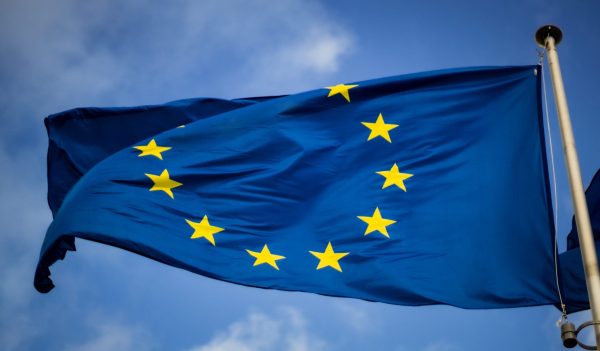
Article 17 Timeline
The controversial article was discussed in the EU since 2016. In 2019, member states adopted or scheduled to transpose the Copyright Directive by June 6, 2021. However, many countries delayed this process due to the COVID-19 pandemic. As of July 2021, this is the implementation status of member states:
Adopted Phase
- Six countries adopted Article 17:
- Denmark
- France
- Germany
- Hungary
- Malta
- The Netherlands
- Italy will adopt Article 17 into law soon
Transposition Phase
- Four countries are transposing Article 17:
- Croatia
- Czech Republic
- Estonia
- Luxembourg
Drafting Phase
- Nine countries are drafting Article 17 into law:
- Austria
- Belgium
- Bulgaria
- Cyprus
- Ireland
- Lithuania
- Romania
- Slovakia
- Slovenia
Pre-Drafting Phase
- Seven EU member states are pre-drafting Article 17:
- Finland
- Greece
- Latvia
- Poland
- Portugal
- Spain
- Sweden
- Norway is also pre-drafting Article 17 but they are not an EU member state
Some online companies with international outreach chose to comply with these guidelines early.
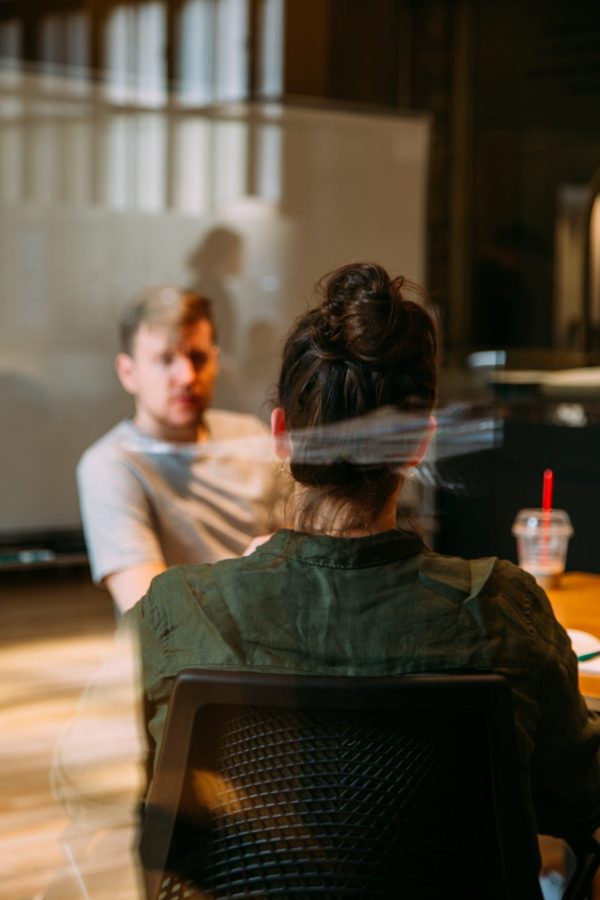
The Future of Article 17 Globally
As EU member states continue to implement Article 17 into their laws, it is unclear what will happen in the coming months. New exemptions to specific parts of Article 17 can be introduced into each countries’ laws. However, different regional guidelines confuse artists about what rules to follow. After many delays, people are demanding a timely implementation process.
“With the ongoing implementation of Article 17, rightsholders and platforms, especially those without in-house solutions, will need to adopt new tools to ensure they’re compliant as policies take effect,” said Fishman.
Many people wonder if other countries around the world will use these guidelines. Furthermore, some countries like the United States have their own copyright regulations contradict this directive.
Copyright global dispute resolution and regional standards are different so it is uncertain how Article 17 will affect music market. The industry is watching the EU members states to see if implementing these regulations runs smoothly before using the same standard.
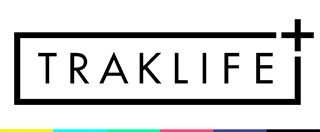


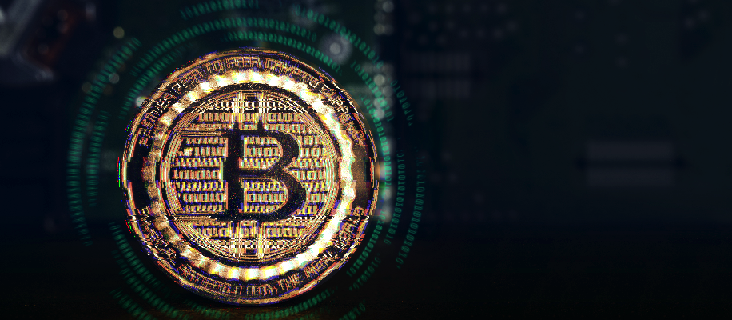
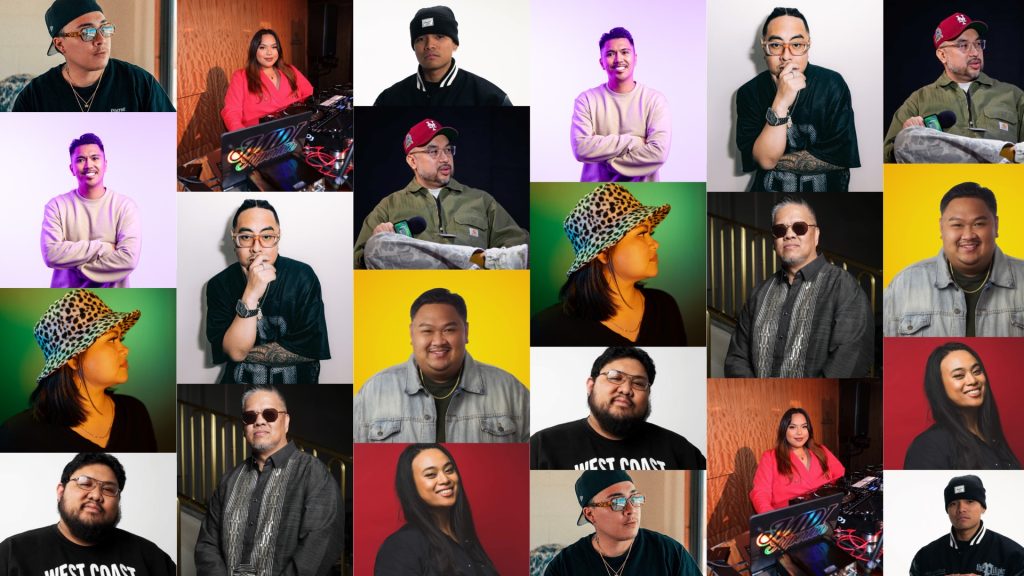

Responses